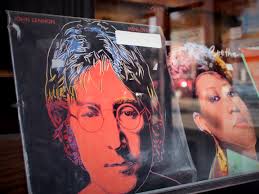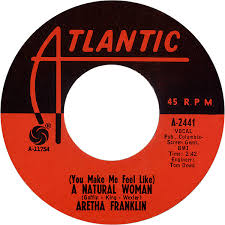
One person I love playing music with on a regular basis is Phil Loebe, a great tenor, good guitar player and fine percussionist. Phil is legally blind. When he’s directing his gaze in your direction, he isn’t seeing you. Through a new technology, however, life has taken a providential turn for Phil. Following is an interview we did recently.
Robert: To begin, can you give the name of your sight impairment condition and what that means?
Phil: The eye condition is called Stargardt. It is a genetic and juvenile form of macular degeneration. It was named after the German doctor who discovered it in 1901. Here is a link explaining the disease. https://www.macular.org/stargardt-disease?gclid=EAIaIQobChMI363RvpqR3QIVFKvsCh0IrQnWEAAYAiAAEgI44fD_BwE.
What this disease does is remove a person’s central vision. The macula is the central point of the retina. It has the most precise focus for close and distant viewing. It also has your most precise color vision. My vision relies upon my peripheral vision.
Robert: How long have you had this condition?
Phil: I was diagnosed around the age of 10. I am now 64.
Robert: Were you able to blend in at school with the other students?
Phil: For the most part. Those who knew me knew I had a vision problem.
Robert: How were you treated during those school years?
Phil: Well, it was a bit tough because at that time, I did not have all the assistive devices like we have today. But we had great support nonetheless.
Robert: Has it worsened over the years? If so, describe the progression.
Phil: Yes, it progressed up until the my mid-20s. And of course, with the aging process, that increases the loss of vision.
RobertCould you describe in detail how this affects the daily life of a person with this condition?
Phil: Obviously, our vision has impacted our lives in oh so many ways. But as we have grown and learned, we each develop our “tricks and techniques” to live as you live. Yes, being dependent on others for transportation is the biggest bummer…..
Robert: How have you coped with it to keep your life as normal as possible?
Phil: I don’t consider my life as “having to cope.” Normal life? My life is normal, my normal. My parents never kept me from trying/doing anything. As “they” say…it is what it is.
I have been so very Blessed in being able to achieve and continue to achieve all the things in my normal life.
Robert: What artistic talents do you have and what have you accomplished with those talents?
Phil: I have been doing music since around 1970. Singing in church and doing it to this day. I’ve also had some wonderful open mike opportunities. I have also done many things in the art of photography. Sadly, my vision has not allowed me to enjoy it in the past 20 years. However, Iris Vision may allow me back into photography.
Robert: What is the most amazing thing you’ve done despite your impairment?
Phil: This may sound goofy, but it sure meant a lot to me at that time.
At one time I had a license to operate a moped (that’s another story).
I rode my beautiful blue moped up Catalina Highway outside Tucson all the way to Windy Point on Mount Lemmon. You’d have to know the place to enjoy this story…Oh oh oh, it was so beautiful. A feeling of freedom, independence that people who drive just don’t understand.

Robert: I understand you have benefited from a recent invention that helps you work around sight impairment. Could you tell me about this fascinating new device?
Phil: Iris Vision Global is a company that has created the software to work with Samsung virtual reality goggles and a Samsung phone (now a display/camera unit). Check out irisvision.com. The developers have created “electronic glasses”. The glasses give me central vision and the ability to “zoom in up to 12X. It’s….well, it’s way cool! 😊
Robert: Please share some examples as to how this has changed your life.
Phil: I can see peoples faces when I greet them. I can see them smile.
I can pick up any book, magazine, any printed item and read it. And oh my gosh, there are so many more ways that it has proven to be a great device.
Robert: What do you foresee for yourself in the future?
Phil: I have been very blessed in that now, not only am I a user of this device, I am now also a distributor for Iris Vision Global. And soon I will also be working as a customer support person for IVG. God is good.
This is simply a story of technological advancement and inspiration I had to share. I was there when he first saw the faces of some of us with whom he has been playing music for years now. What a moment!



